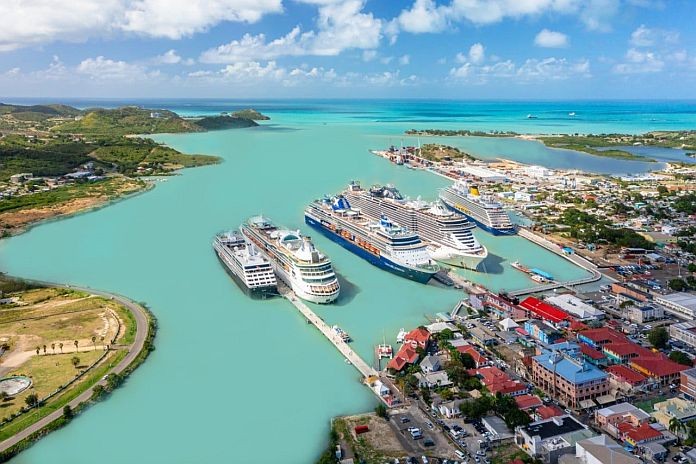By IMF Communications Department
ST JOHN’S, Antigua – An International Monetary Fund (IMF) team, led by Varapat Chensavasdijai, met virtually with the authorities of Antigua and Barbuda during February 7–11, 2022 to discuss recent economic developments and policy priorities.
At the conclusion of the visit, Chensavasdijai issued the following statement:
“Antigua and Barbuda’s economy is rebounding from the COVID-19 pandemic. Real GDP growth is estimated at 4.8 percent in 2021, following a sharp contraction of 20.2 percent in 2020. A sustained recovery in tourism and construction activity is expected to underpin real output growth of 7 percent in 2022.
“Two-thirds of the population have been fully vaccinated, which is among the highest rates in the Caribbean. However, a prolonged pandemic (e.g., due to the emergence of new virus variants) and supply chain disruptions could put a drag on the recovery at the same time as wage and price pressures build.
“The government is determined to meet the targets under its medium-term fiscal strategy to bring public debt-to-GDP to under 70 percent by 2030. Despite the pandemic, fiscal consolidation resumed in 2021 and the primary deficit narrowed to 1.8 percent of GDP (from 3.8 percent in 2020) reflecting domestic revenue mobilization, external grants, and the reprioritization of spending. The 2022 budget envisages a zero primary balance, with an ambitious capital spending plan financed by higher revenues, grants and borrowing.
The uncertain revenue outlook underscores the need to streamline tax exemptions, strengthen tax compliance, and fully implement tax and customs administration reforms. It will also be important to assess the costs and benefits of the current energy pricing mechanisms given rising international oil prices. Containing spending on wages and transfers and improving public financial management will be essential. In addition, the authorities should prioritize clearing arrears to suppliers and creditors while avoiding the accumulation of new arrears.
“The financial sector is showing signs of recovery. Banks are well-capitalized and liquid, but credit growth has been slow, particularly to the household sector. Loans under moratoria at banks and credit unions have declined significantly in 2021 and nonperforming loan ratios have remained stable. Nonetheless, supervisors should closely monitor asset quality and ensure that loan loss provisioning is proportional to credit quality risks, especially at credit unions.
“Antigua and Barbuda is highly susceptible to climate change and natural disasters, and continues to face structural challenges related to the high costs of reconstruction from hurricane Irma and limited access to affordable home insurance against disasters. The National Adaptation Plan to build climate resilience is expected to be completed by year-end. There are ongoing initiatives to make homes and public infrastructure more disaster-resilient, as well as to invest in renewable energy. The Blue Economy Plan identifies new sustainable sectors and opportunities to diversify the economy; capacity building and financing will be necessary to realize the plan’s objectives.
“The mission would like to thank the authorities and all our other counterparts for their close collaboration and for the candid and productive discussions.”





